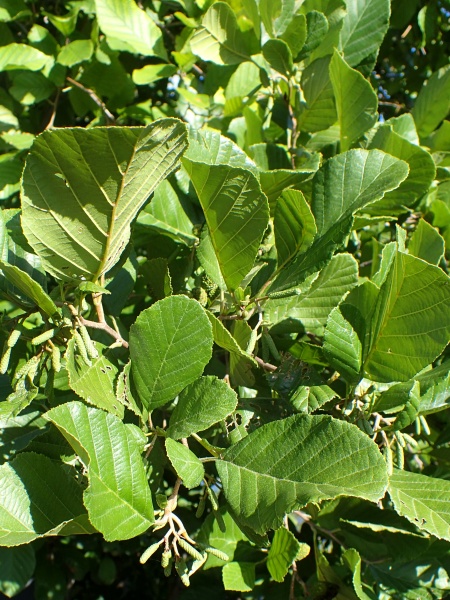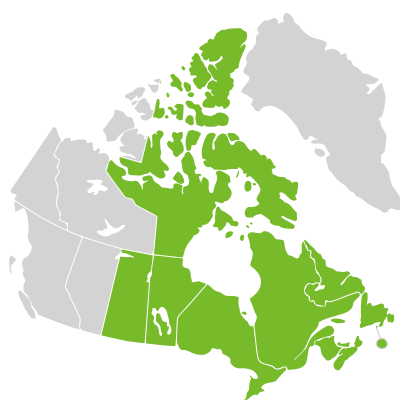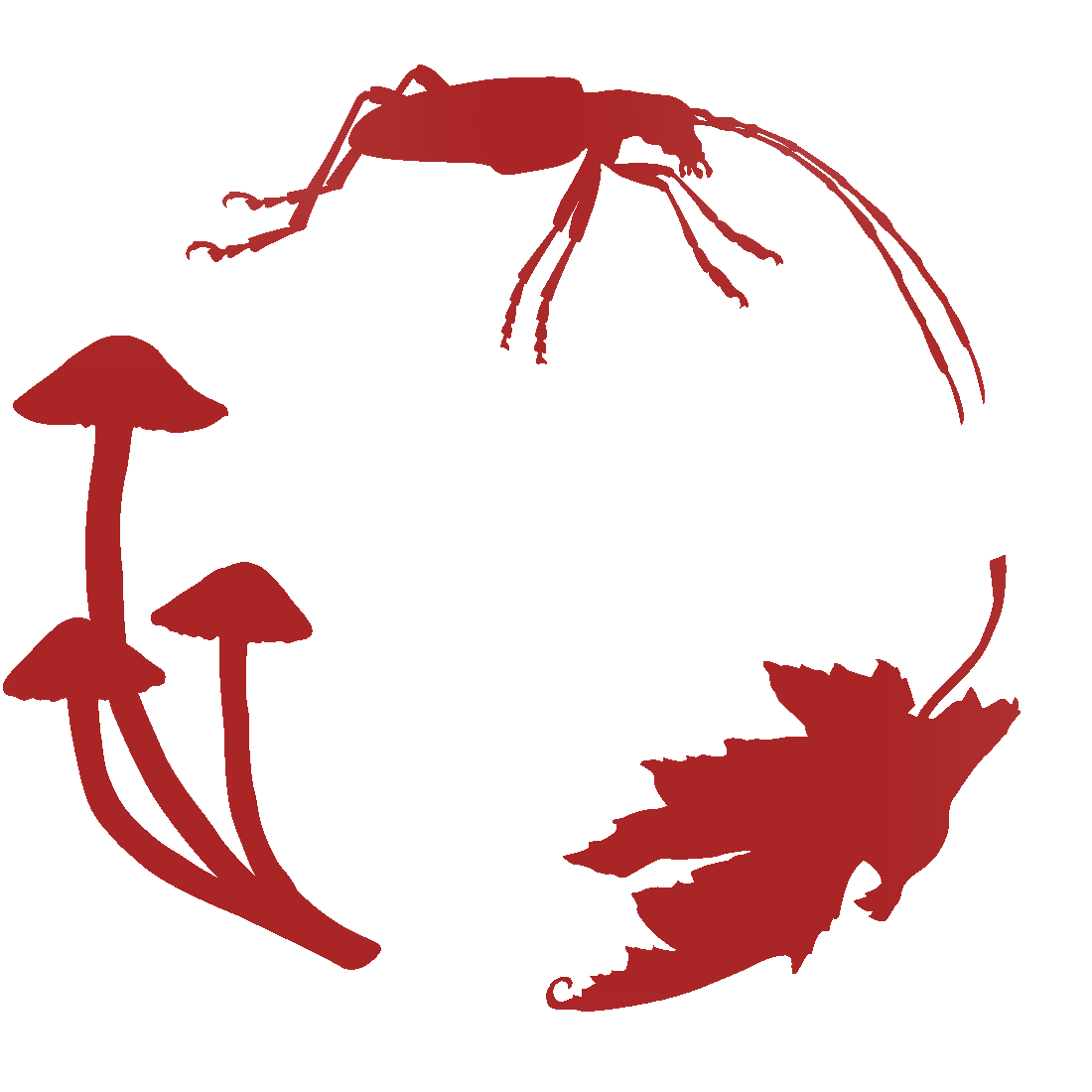
Source: Krzystzof Ziarnek
Alnus incana subsp. rugosa
Speckled Alder
Aulne rugueux
Synonyms
eastern river alder
hoary alder
swamp alder
tag alder
aulne blanc rugueux
aulne hâtif
vergne
verne
No seeds available for this plant.
We currently accept seeds for this plant
Bloom Colour: Red
Bloom Period: Apr - May
Max Height: 30.0 feet
Max Width: 15.0 feet (spreads by rhizome)
Light Condition:
 More than 6 hours of direct sun a day
More than 6 hours of direct sun a day
 More than 2 or 3 hours but less than 6 hours of direct sun a day
Soil conditions:
More than 2 or 3 hours but less than 6 hours of direct sun a day
Soil conditions:
 Tolerates medium soil condition
Tolerates medium soil condition
 More than 6 hours of direct sun a day
More than 6 hours of direct sun a day
 More than 2 or 3 hours but less than 6 hours of direct sun a day
More than 2 or 3 hours but less than 6 hours of direct sun a day
 Tolerates medium soil condition
Tolerates medium soil condition
Lifespan:
Perennial
plants that will that come back year after year
Gardener Experience:
 Easy to germinate
Easy to germinate
 Self-seeding
Self-seeding
 Easy to germinate
Easy to germinate
 Self-seeding
Self-seeding
Landscape Uses:
 Suitable for wetland garden
Suitable for wetland garden
 Suitable for wetland garden
Suitable for wetland garden
Ecological Benefits:
 Supports pollinators
Supports pollinators
 Fixes nitrogen in the soil
Fixes nitrogen in the soil
 Supports pollinators
Supports pollinators
 Fixes nitrogen in the soil
Fixes nitrogen in the soil
Tolerates:
 Tolerates acidic soil conditions
Tolerates acidic soil conditions
 Tolerates acidic soil conditions
Tolerates acidic soil conditions
Special Features and Considerations:
Plant Location
Native to Ottawa region: Yes
Distribution according to VASCAN

Ephemeral
Native
Introduced
Excluded
Extirpated
Doubtful
Absent
Thrives in Ecozones
- Taiga Plains
- Atlantic Maritime
- Taiga Shield
- Boreal Plains
- Montane Cordillera
- Prairies
- Hudson Plains
- Boreal Shield
- Pacific Maritime
Ecological Benefits
Butterflies Supported by Alnus incana subsp. rugosa
- Limenitis arthemis ssp. astyanax (Red Spotted Purple)
- Lomographa semiclarata (Bluish Spring)
- Melanchra adjuncta (Hitched Arches)
- Orgyia leucostigma (marked Tussock)
- Sphinx poecila (Poecila Sphinx)
Specialized Bees Supported by Alnus incana subsp. rugosa
No bee data available for this plant.
Plants that grow in similar conditions, that bloom at the same time.
Complementary Plants
- No complementary plants found.
Substitute For Non-Native Plants
No substitute plant data available for this plant.
Sowing Information
Download Seed Envelope Labels (PDF)
- Sowing depth: Sow just below surface
- Sow by February
- Stratification duration: 60 days
- Self-seeding
Harvesting and Seed Sharing
- Harvest start month: September
- Harvesting indicator:
- Pods are open
- Harvesting:
- Shake seed head in paper bag
- Seed viability test:
- No test needed before donating
- Packaging measure: Six (6) seeds (eyeball)
- Seed storage:
- Air dry in paper bag or open container, for a few days until crisp
- Shake seeds to move them once in a while to prevent molding
- Cultivar: No, you can donate without knowing the source as there are only straight species
- Remove non-seed material
- No harvesting video available at this time.
Toxicity Notes
Inner green bark is toxic to mammals if ingested.


 Canadensis
Canadensis
